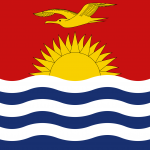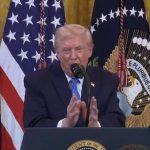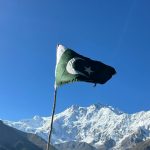When you travel in North Korea with YPT, you’ll notice that your Korean local guides speak foreign languages so well that you may wonder where they learnt them. Some of them graduated from Pyongyang University of Foreign Studies. This blog will give you a closer look at the Pyongyang University of Foreign Studies.
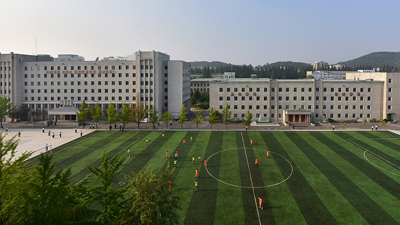
Table of Contents
Basic Information of Pyongyang University of Foreign Studies
Pyongyang University of Foreign Studies is a five-year institution located in Ryonghung 3-dong, Daesong District, Pyongyang, directly opposite the well-known Kim Il Sung University. It has around 300 teachers and researchers, many of whom hold titles such as associate academician, professor or doctor.
The university runs a structured education system that includes basic education, specialised programmes, elite training, continuing education, adult education and public courses. It plays a central role in providing foreign-language education.
The campus also includes a secondary school known as the Middle School of Pyongyang University of Foreign Studies. Around 90% of its graduates progress directly to the university. Subjects such as Chinese and English form a continuous language-training track from secondary school to university. The campus has two teaching buildings, one for the university and one for the attached middle school, and some teachers teach across both levels.
Faculties and facilities of Pyongyang University of Foreign Studies
Pyongyang University of Foreign Studies has faculties for English, Russian, Chinese and Japanese, along with a Faculty named Ethnic Languages that teaches languages from other countries and regions. In 2000, it added a faculty dedicated to simultaneous interpreting.
PUFS offers courses in more than twenty languages, including Chinese, Russian, Japanese, Hungarian, Arabic, Malay, Khmer, Thai, Lao, Persian, Hindi, Urdu, English, German, Bulgarian, Czech, Polish, French, Italian, Portuguese, Romanian and Spanish etc.
The university provides specialised language programmes and foreign-language research labs. It also runs a training centre for international students and working professionals, a research centre for simultaneous interpreting and a doctoral programme. Facilities include a library, about thirty audio-visual classrooms and recording equipment. Since 2010, the university has offered distance-learning courses in foreign languages across the country. In 2012, it announced that all basic courses would be taught in foreign languages.
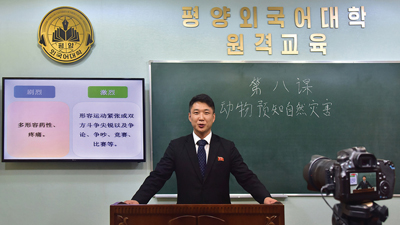

History of Pyongyang University of Foreign Studies
Pyongyang University of Foreign Studies was founded on 15 November 1949. It began as the Russian Faculty of Kim Il Sung University, known at the time as Pyongyang Russian College. It had 59 staff members and about 300 students. The college was created to train the country’s top foreign-language specialists. At the start, it offered both full courses and short courses, the full programme lasted three years, while the short programme lasted one year.
On 27 December 1952, it was reorganised into a foreign-language university and introduced Chinese, English and several other language programmes. By 1960, it had grown into a leading institution for foreign-language studies, with four faculties – Oriental Languages, Western Languages, International Relations and Economics and Trade – offering seven language programmes. In 1961, it became an independent institution under the name Pyongyang University of Foreign Studies.
The Middle School affiliated to the Pyongyang University of Foreign Studies was also founded in the 1960s. At first, it mainly admitted children of revolutionaries and war orphans. Encouraged by Kim Il Sung, Party officials adopted and educated many talented children and war orphans. At that time, the university aimed to train a small group of elite diplomats, using intensive small-class teaching. In the 1970s, it admitted only about 120 students a year, creating a very high teacher-to-student ratio and a demanding study environment. Outstanding students were selected in their first year to study abroad for four years before returning to the country.
Conclusion
The Pyongyang University of Foreign Studies trains top foreign-language specialists and offers language programmes for professionals in diplomacy and trade, as well as for international students. Many of its graduates go on to work in key state institutions responsible for foreign affairs and external relations, such as the Workers’ Party’s International Department, the Cabinet’s Foreign Affairs Department and the Committee for Cultural Relations with Foreign Countries. Some graduates also become foreign-language guides. When you travel in North Korea with YPT, your guide may well be a PUFS graduate.
Click to read more about YPT‘s North Korea Tours.



